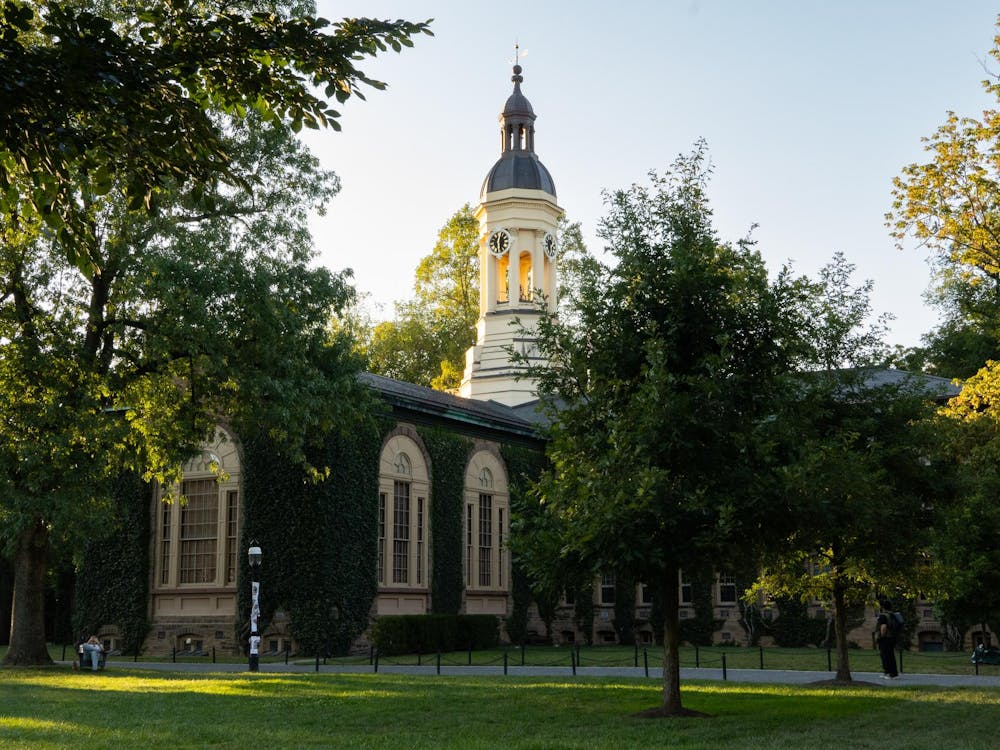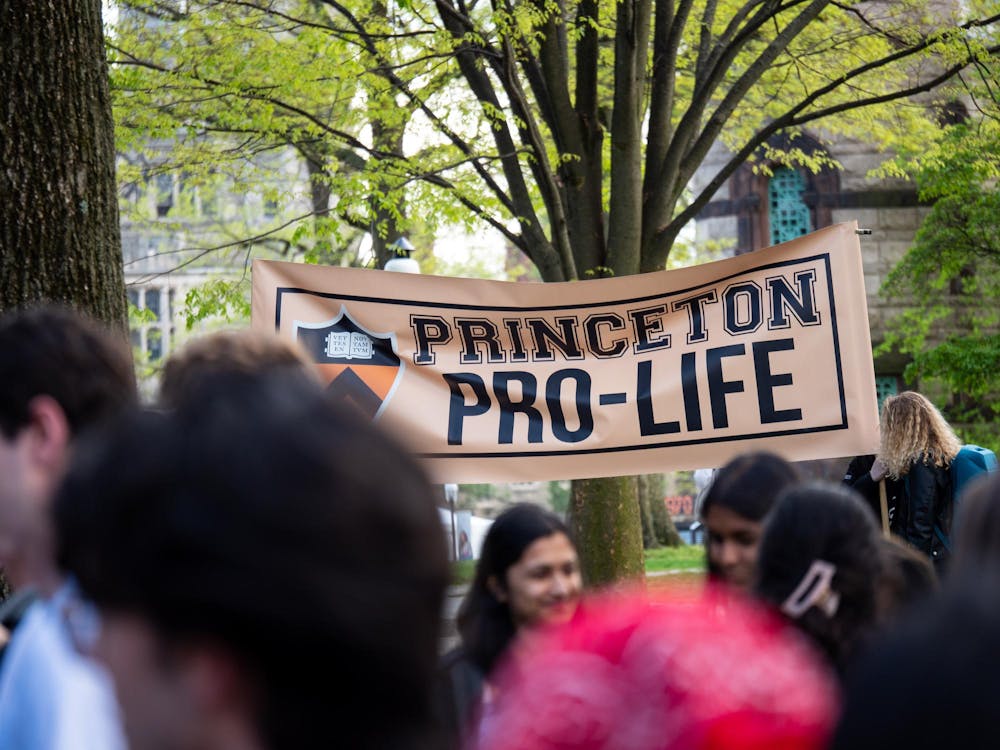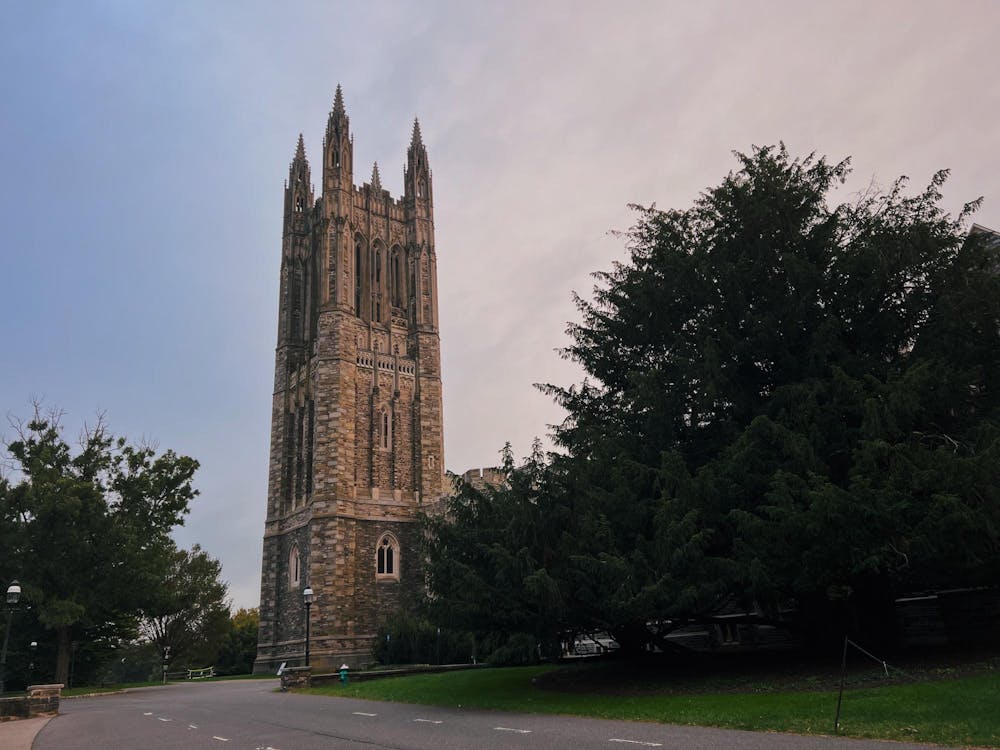More than 300 students have signed a petitionsince it was launched last week to open a new food co-op on campus, according toVidushi Sharma ’17, co-organizer of the petition.
Sharma said that she and a few others launched the petition after seeing a shortage of accommodations for an overwhelming demand. Sharma and her team are working to circulate the petition through email listservs, she said.
Sharma, a member of 2D, explained that three of the fourco-ops on campus—the 2 Dickinson Street Co-Op, the Brown Co-Op, the Real Food Co-Op and the International Food Co-Op – all have waitlists that exceed the co-op capacity itself. 2D, a vegetarian co-op which only accommodates 48 members, has 100 students on its waitlist, according to Sharma.
She noted that to become a member of a co-op, many students had to join the waitlist as underclassmen.
Sharma also said that the absence of separate housing for Brown and Real Food is detrimental to fostering a sense of community. Kitchens in the dormitory hallways are often overcrowded, she explained, which limits membership interaction.
“No student should be left unaccommodated, and no co-op should be struggling to operate in inadequately sized spaces,” Sharma said. “It’s disheartening to see that so much interest for co-ops on campus is stifled due to lack of accommodation. Co-ops also provide incredible communities of inclusive, diverse individuals.”
Sharma also explained that co-ops are very economical compared to other dining options on campus, noting that she pays around $1,200 per year for meals.
2D charges $550 and Brown and Real Food charge $650 per semester for its members,while meal plans typically cost between $3435 and $6240 a year, and eating clubs between $7800 and $9300 per year.
Sharma said that she and her team are working to obtain more student signatures. She explained that her team will then coordinate with the Office of Sustainability, University administration, and the Undergraduate Student Government to explore solutions, including procuring a house or a larger space for a new co-op.
Though in its early stages, the petition has garnered substantial support from the student population, Sharma said.
“I have seen overwhelming and unhesitant support from friends and strangers on campus regarding this campaign. We hope we can expand co-op offerings for Princeton students to make these communities accessible to everyone who is interested in them,” she noted.
Leora Haber ’16, who signed the petition, stated that there is a pressing need for a new co-op.

“I definitely support the petition,” she said. “All of our co-ops are over the maximum capacity with a long waitlist, and co-ops are some of the best dining options on campus when it comes to cost.”
Haber is the video editor for The Daily Princetonian.
In a comment submitted online, a petition signatory wrote that it's important to increase non-eating club options as the eating clubs almost hold a monopoly on combined social and eating options. The signatory added that by expanding the choices, the University would be able to provide its students with the opportunity to pursue social endeavors how they want, unconstrained by pecuniary or social decisions.
University spokesperson Martin Mbugua explained that until the petition is received and reviewed, the University cannot comment on the possibility of establishing another co-op.
The last petition for a new vegetarian co-op was circulated in February 2014.








